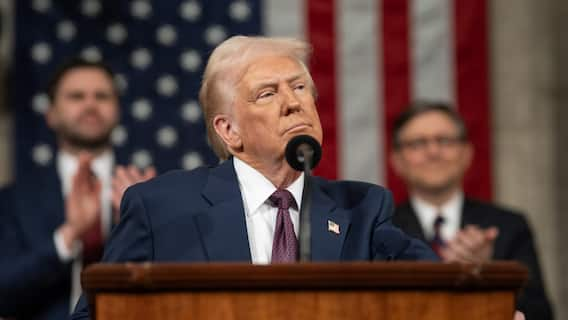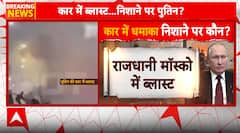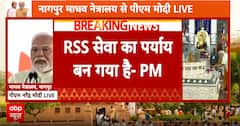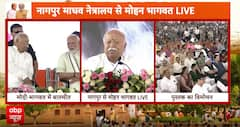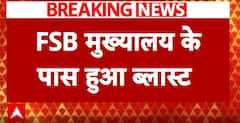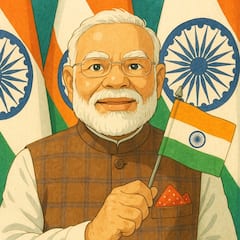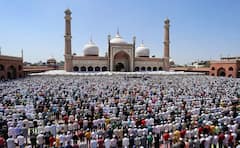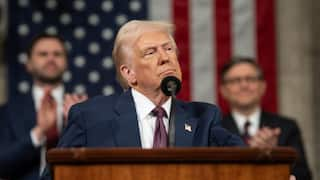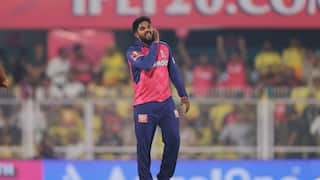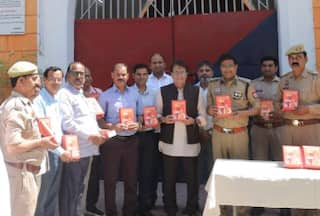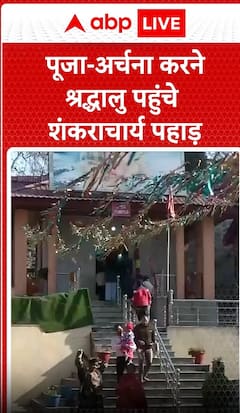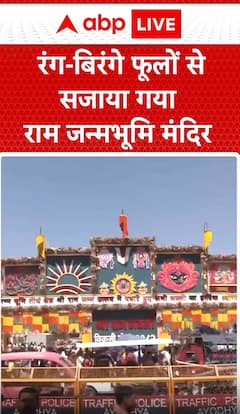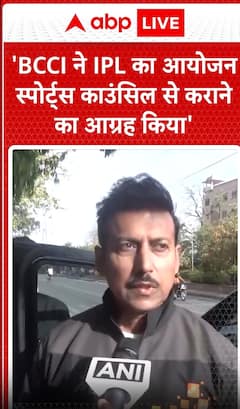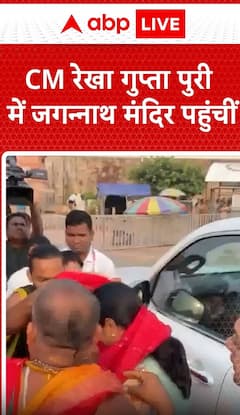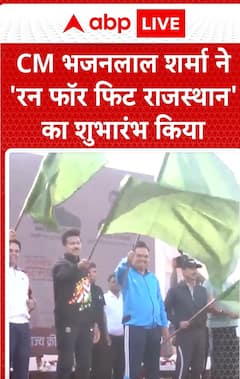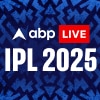Electoral Bond Scheme: Citizens Don't Have Right To Know Source Of Funds, Attorney General Tells SC
Electoral Bond Scheme: In a submission to the Supreme Court, Attorney General Venkataramani asserted that there can be no general right to know everything without being subjected to reasonable restrictions.

The Attorney General, R Venkataramani, on Monday argued before the Supreme Court that the electoral bond scheme, which facilitates political funding for parties, contributes to clean money, and citizens do not have the right to information regarding the source of funds under Article 19(1)(a) of the Constitution. In a statement filed before the Supreme Court, Venkataramani asserted that there can be no general right to know everything without being subjected to reasonable restrictions, news agency PTI reported.
He emphasised that the electoral bond scheme ensures confidentiality for contributors, promotes clean money, and ensures compliance with tax obligations, making it consistent with existing rights.
"The power of judicial review is not about scanning state policies for the purposes of suggesting better or different prescriptions," Venkataramani told the court, as quoted by PTI. He clarified that a constitutional court reviews state action only when it impinges upon existing rights, and not merely because state action has not provided for a possible right or expectation.
A five-judge constitution bench of the Supreme Court is set to commence hearings on October 31, addressing a batch of pleas challenging the validity of the electoral bond scheme for political funding of parties. The scheme, introduced by the government on January 2, 2018, aimed to provide an alternative to cash donations to political parties, with the objective of enhancing transparency in political funding.
Under the provisions of the scheme, electoral bonds can be purchased by any citizen of India or entity incorporated or established in India, either individually or jointly with others. To be eligible to receive electoral bonds, political parties must be registered under Section 29A of the Representation of the People Act, 1951, and secure at least one percent of the votes polled in the last general election to the Lok Sabha or the legislative assembly of the state.
The constitution bench, led by Chief Justice DY Chandrachud, will consider a batch of four pleas, including those filed by Congress leader Jaya Thakur and the CPI(M). The bench comprises justices Sanjiv Khanna, BR Gavai, JB Pardiwala, and Manoj Misra.
The electoral bond scheme has been the subject of debate and litigation, with the Centre and the Election Commission holding differing positions regarding political funding transparency. While the government advocated for donor anonymity, the Election Commission favored the disclosure of donor names in the interest of transparency.
The Supreme Court had previously declined to stay the Electoral Bond Scheme in January 2020 and had sought responses from the Centre and the Election Commission in response to an interim application by an NGO seeking a stay on the scheme. The court had emphasised that it would conduct a comprehensive examination of the pleas due to the significant implications for the electoral process's integrity in the country.
Trending News
Top Headlines







